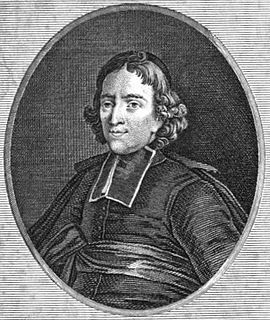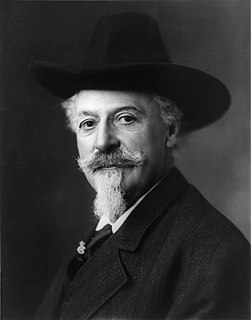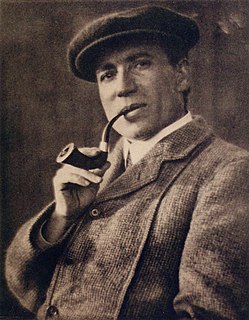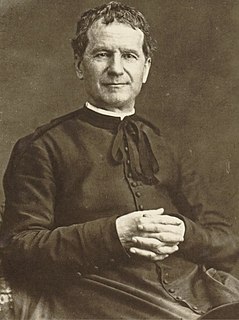A Quote by John Ruskin
In health of mind and body, men should see with their own eyes, hear and speak without trumpets, walk on their feet, not on wheels, and work and war with their arms, not with engine-beams, nor rifles warranted to kill twenty men at a shot before you can see them.
Related Quotes
To claim that the souls of men will be happy or unhappy after the death of the body, is to pretend that man will be able to see without eyes, to hear without ears, to taste without a palate, to smell without a nose, and to feel without hands and without skin. Nations who believe themselves very rational, adopt, nevertheless, such ideas.
Well, Bill [Bill Hickok] was a pretty good shot. But he could not shoot as quick as half a dozen men we all knew in those days, nor as straight either. But Bill was cool, and the men who he went up against were rattled, I guess. Bill beat them to it. He made up his mind to kill the other man before the other man had finished thinking.
I cannot see the short, white curls
Upon the forehead of an Ox,
But what I see them dripping with
That poor thing's blood, and hear the ax;
When I see calves and lambs, I see
Them led to death; I see no bird
Or rabbit cross the open field
But what a sudden shot is heard;
A shout that tells me men aim true,
For death or wound, doth chill me through.
I can't abide to see men throw away their tools i' that way, the minute the clock begins to strike, as if they took no pleasure i' their work, and was afraid o' doing a stroke too much.... I hate to see a man's arms drop down as if he was shot, before the clock's fairly struck, just as if he'd never a bit o' pride and delight in's work. The very grindstone 'ull go on turning a bit after you loose it.
They say great times make great men. I don't buy it. I saw a lot of weakness, a lot of filth. People who should have risen to the challenge and either couldn't or wouldn't. Greed, fear, stupidity and hate. I saw it before the war, I see it today. [...] I don't know if great times make great men, but I know they can kill them.
When I say that all men have the mind which cannot bear to see the suffering of others, my meaning is illustrated this way: when two men suddenly see a child about to fall into a well, they all have a feeling of alarm and distress, not to gain friendship with the child's parents, nor to seek the praise of their neighbors and friends. From such a case, we see that a man without the feeling of commiseration is not a man. The feeling of commiseration is the beginning of humanity.
Health is God's great gift, and we must spend it entirely for Him. Our eyes should see only for God, our feet walk only for Him, our hands labor for Him alone; in short, our entire body should serve God while we still have the time. Then, when He shall take our health and we shall near our last day, our conscience will not reproach us for having misused it.
Why should I wish to see God better than this day? I see something of God each hour of the twenty-four, and each moment then, In the faces of men and women I see God, and in my own face in the glass; I find letters from God dropped in the street, and every one is signed by God's name, And I leave them where they are, for I know that others will punctually come forever and ever.





































